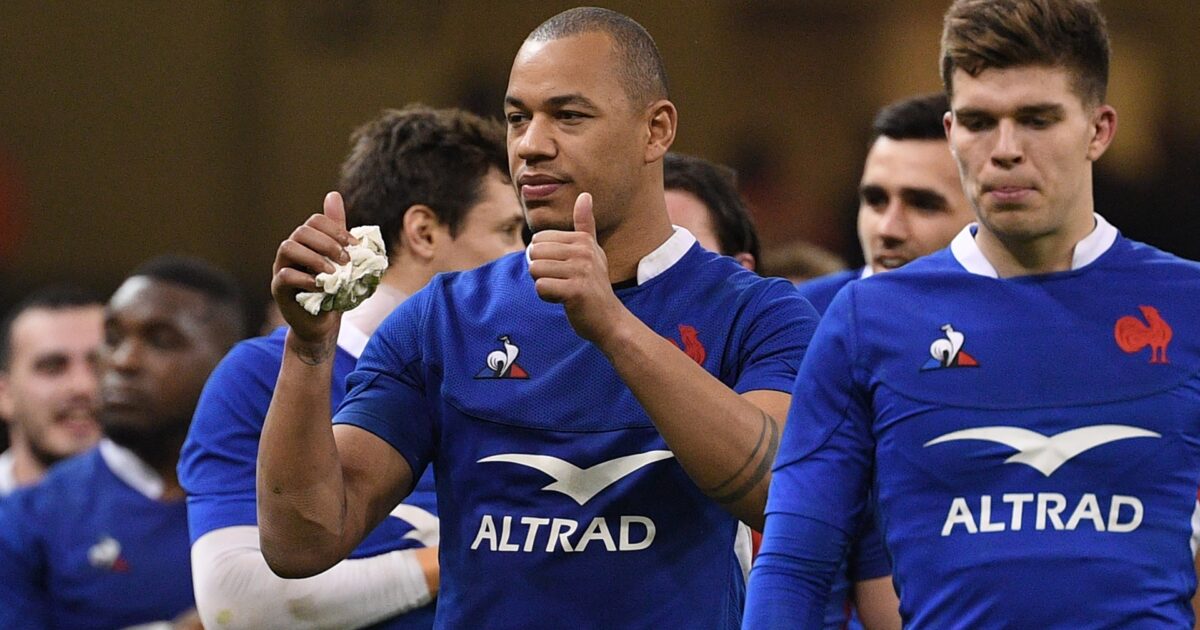France vs Wales is ON after Top 14 clubs agree compromise deal for 6-match window

Administrators in France have finally reached a compromise, the FFR and Top 14 clubs agreeing that a six-match Test window can start with the October 24 Paris friendly against Wales.
A three-match, four-week window was all the Top 14 clubs had agreed to prior to Thursday’s decision in France. It came after a Council of State ruling on the matter insisted the FFR and Ligue Nationale de Rugby must find common ground.
France have six matches on their schedule, the opener against Wales followed by the Six Nations game with Ireland and then four Autumn Nations Cup games.
A statement from the LNR outlining the terms of its agreement with the FFR read: “During this international period of autumn 2020, the same player can only be registered on a maximum of three matchsheets.
“The players will be made available as follows in this exceptional autumn window: Before each match, 31 players will be selected by the FFR as of Sunday evening (or Monday morning if the player plays a match with his club on Sunday).
That October 24 game is far from guaranteed https://t.co/s0jhf7Ca2N
— RugbyPass (@RugbyPass) October 10, 2020
“Among these 31 players, 28 players will be retained by the FFR at the choice of the coach of the French team.
“The other three players will be made available to their club on Wednesday evening if the club plays a match on Friday evening, or on Thursday afternoon if their club plays a match on Saturday/Sunday or does not play a match.
During the week of November 2 to 8, after which the French team does not play a match, 28 players will be made available from Thursday, November 5, until Sunday, November 8.
“This amendment to the agreement will be submitted to the steering committees of the LNR and FFR for approval.
“It constitutes a balanced and united agreement which takes into account, on the one hand, the health issues of the players, on the other hand, the sporting and economic issues for the French team, the FFR, the LNR and the clubs in the exceptional context of the health crisis.”
Brilliant news to start your Thursday morning with ?https://t.co/F2yIc59L9y
— RugbyPass (@RugbyPass) October 15, 2020










































































